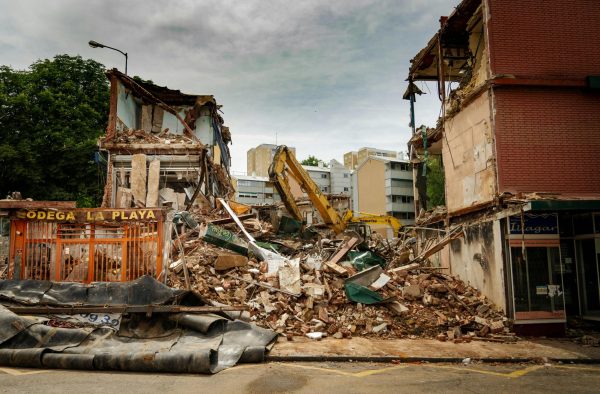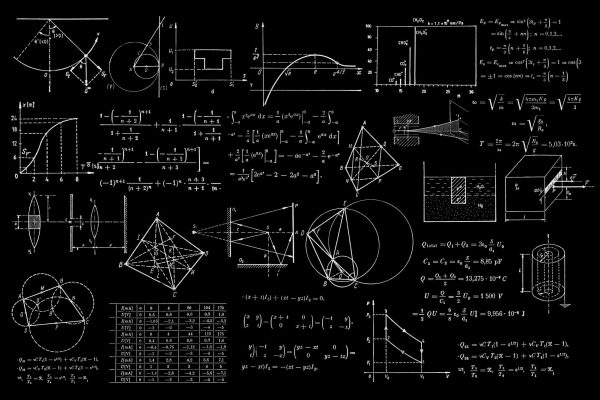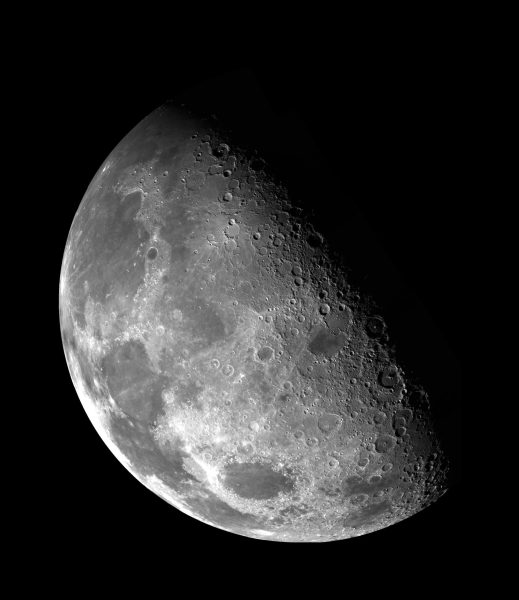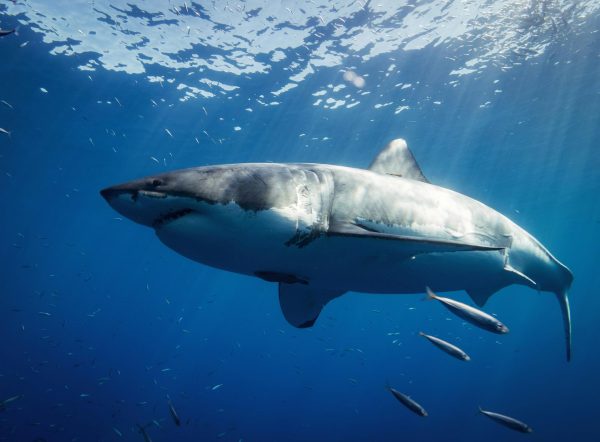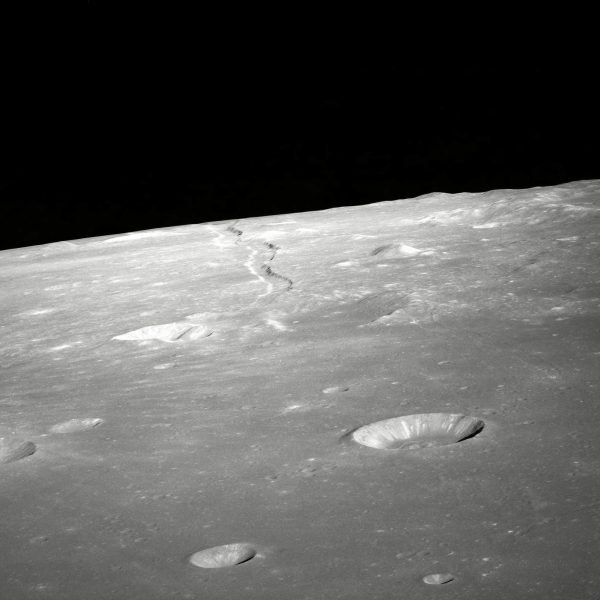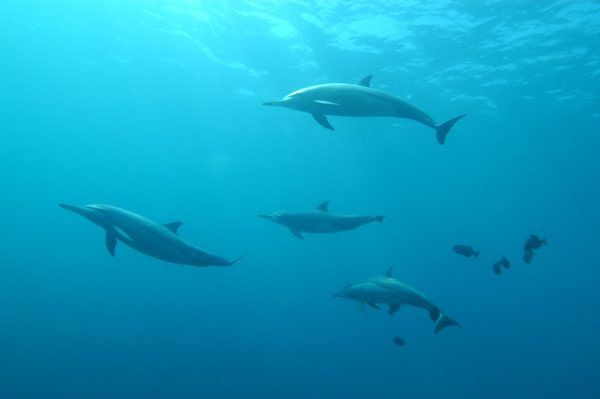Recycling: Do It The Right Way
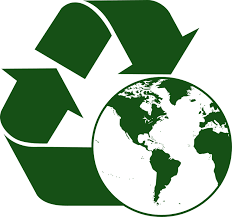
December 13, 2018
Recycling is only effective if you do it right.
Brookhaven recently changed their accepted recyclables, and as of November 28th 2018, they no longer accept any glass, any cartons (egg, juice, milk, etc.), and will only accept plastics #1 and #2. Go on their website for a full list of what they can and can’t accept. Additionally, they will collect all plastic and metal one week, all paper and cardboard the next, and so on.
Recycling streams that are contaminated with non-recyclable or very dirty items can render the whole batch garbage. Keep in mind that the recycling process involves mechanical sorting and melding into new products, so it is important to make sure your recyclables are fairly clean and free from any food products or contaminants that would ruin a product made from those materials.
Plastics #1, 2 and 5 are generally the easiest to recycle, so try to limit the plastic you buy to those. It may seem better to recycle every single thing you can, but if your township doesn’t accept it, it will only hinder the process or contaminate the recycling.
For hard-to-recycle materials like batteries, light bulbs, electronics, etc., search online, as many stores will take back these products to recycle. Terracycle is a company that will send you boxes so that you can mail in anything from K-cups to office supplies to backpacks and even soiled medical supplies, and they will recycle it. Many recycling boxes must be purchased, but certain companies like Colgate, Barilla, and Burt’s Bees work with Terracycle so you can recycle their products for free. Even things like cigarettes and instrument strings are free to recycle.
In an ideal world, we would have a circular economy, where everything we use could be reused or re-purposed again and again, or recycled into something new. Our organic waste such as food, coffee grounds, hair, and anything that nature can easily work her magic on, would be composted, becoming rich soil to feed our sustainable agriculture, and nothing would have to go to a landfill. This is a daunting but noble challenge. For the sake of our planet, we should strive to make it our future.



